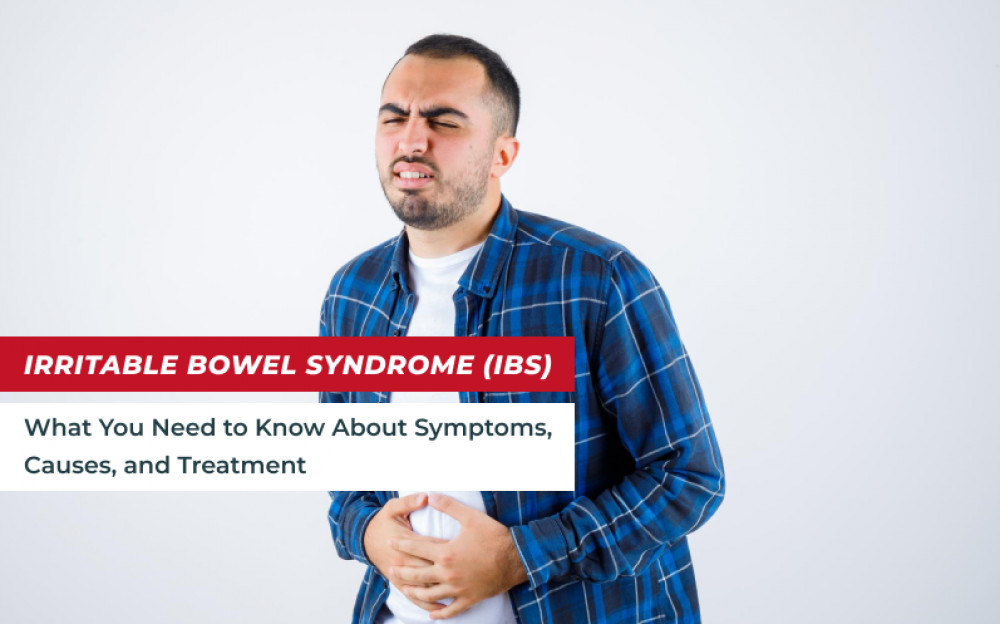

Irritable Bowel Syndrome (IBS) is a common digestive disorder that affects the large intestine. It is characterized by abdominal pain, bloating, constipation, and diarrhea. The symptoms of IBS can range from mild to severe and can significantly impact a person's quality of life.
Diagnosis of IBS is typically based on a review of symptoms and a physical examination. A doctor may also perform tests, such as a stool sample or colonoscopy, to rule out other conditions and make a definitive diagnosis.
Treatment for IBS typically involves a combination of lifestyle changes and medications. Some common treatments include:
In conclusion, Irritable Bowel Syndrome (IBS) is a common digestive disorder that affects the large intestine and is characterized by abdominal pain, bloating, constipation, and diarrhea. The exact cause of IBS is not fully understood, but several factors, including stress, food intolerance, hormonal changes, and gastrointestinal infections, have been linked to the development of the condition. Treatment for IBS typically involves a combination of lifestyle changes and medications, such as diet changes, stress management, medications, and probiotics. It is important to work with a doctor to determine the best course of treatment for your specific symptoms.

Low Blood Pressure: Understanding the Normal Range, Detection, and Natural Treatment at Home

Irritable Bowel Syndrome (IBS): What You Need to Know About Symptoms, Causes, and Treatment